The state of Asian American online spaces is approaching crisis.The most prized virtues are anger and loyalty. The most deployed weapons are gaslighting, harassment, and silencing.
These battles, often between absolutist Asian men and absolutist Asian women, have been going on for years, if not decades. Years ago, I was a high schooler who was active in a college admissions forum. There were many Asian kids there, and in the off-topic sections, people would talk about everything from movies to fashion to dating. One thread asked, in a very matter-of-fact manner, about a common phenomenon: why were there so many Asian girls who were exclusively interested in white guys? One commenter, a Vietnamese-American girl, said she wouldn’t date Asian guys because they reminded them of some sexist relatives. As you can expect, a huge fight ensued.
That was my first foray into the Asian American gender wars. And it certainly wasn’t the last. I know many other Asian guys have similar experiences. In addition, I know many Asian women have stories of online harassment from Asian guys (see link at bottom of the article for Escape From Plan A podcast episode on this topic).
This war didn’t even start with the internet. If you read Frank Chin’s Come All Ye Asian American Writers of the Real and the Fake, you’d almost think you were reading an extremely erudite sidebar post from Asian Reddit. The internet merely connected people and ideas across time and space.
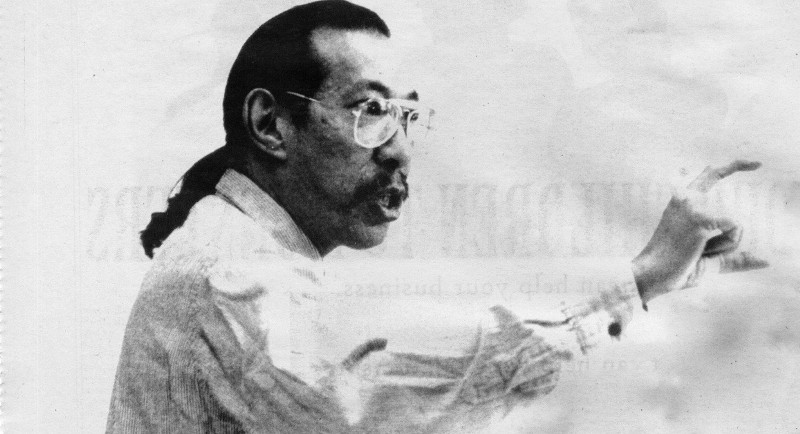
In the past, Asian online discussions happened in a constellation of various forums and blogs. Some were specifically dedicated to Asian issues. Others were off-shoots of Asian-related interest sites, such as Asian entertainment forums. They followed a boom-and-bust cycle that tracked the energy of the core users; once those people got bored, worn out, or old, the spaces withered away, only to be reincarnated elsewhere.
Nowadays, there has been a centralization of discussion. Reddit, Facebook, and Twitter have become the conglomerates of discussion. While this mass corralling of viewpoints has led to strength in numbers, it has also allowed monopolization by absolutist viewpoints. For instance, just a few years ago, Asian Reddit was centered on one main subreddit where all sorts of viewpoints were exchanged. However, because of heavy-handed censorship, harassment, and personal grievances, Asian Reddit has now fractured into several pieces. The main hub is now little more than an Asian student union (Teriyaki Tuesdays and Fresh Off The Boat watch parties!). Separatist subreddits exist for various demographics, from extreme nationalists that wish for the second coming of Genghis Khan, to the tumbleweeds rolling through the female-centric ones.
This is not a pattern isolated to Reddit. According to some veteran Asian American activists, other online and social media spaces have become increasingly aimed at bullying and silencing dissent.
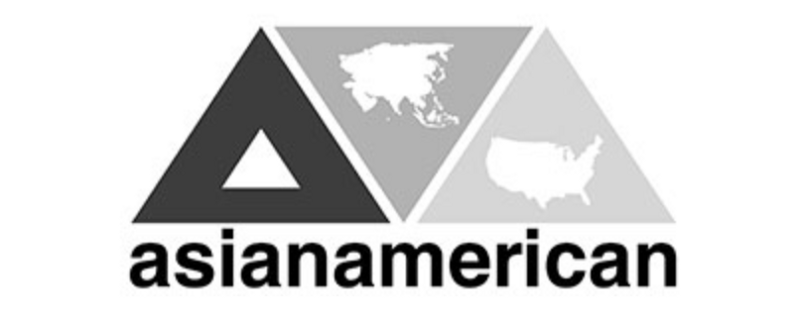
The worst outcome of this polarization are the constant fishing expeditions perpetrated by both sides. Asian men, eager to stir up fury among the young and confused in their ranks, trawl the depths of the internet for the worst of Asian female comments. On places like Imgur, you can find scrolls of Twitter screenshots that show Asian girls repeating racist stereotypes about Asian men and/or singing the praises of white men. These are then passed off as the majority opinion. On the other side, Asian women go hunting for examples of Asian male rottenness. The big trophy is a vitriolic Asian male — isolated, socially unprotected, and easy to bait — who fits neatly into white primacy’s racial profile of his tribe.
These fishing expeditions are anti-dialogue at its worst. The most valuable currency becomes not the cogent argument, but instead, the screenshot “receipt” that functions as an ace-in-the-hole that frees you from having to actually support your positions. Who needs to make sense when your enemy can be made to look like a white-worshipping sellout or a Confucian Nazi incel? The most dangerous enemy is the reasonable dissenter who threatens to de-escalate this ceaseless Tom and Jerry fight.
There is no good-faith attempt to even reach some beginners’ steps towards mutual recognition of each others’ gripes. These absolutists offer a false choice: adhere to 110% of our tenets, or be characterized as the scum of the earth.
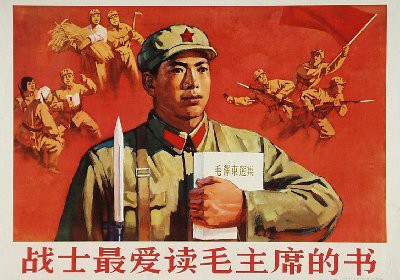
Let’s not pretend that this is about “social justice” or “Asian pride” or whatever euphemisms both sides use to present a good front. You can support wealth redistribution. You can support BLM. You can support reproductive rights. You can work hard for North Korean refugees. You can loathe Trump. You can be fluent in your ancestral language. But in the end, the fault line always seems to fall upon this: what do you think about WMAF?
Why does it matter so much? Because fundamentally, it’s about who does and doesn’t have access to that precious resource: whiteness. It’s the one thing that can finally make Asian Americans feel as though we belong. Not even money or education can give us that.
We think our “woke” vocabulary makes us sophisticated frontline warriors for equality, but all we’re really doing is fighting the unresolved battles of our immigrant 2nd-generation childhoods. But our upbringings should unite us, not divide us, because it’s other Asian Americans who know what it’s like to be a chink/gook. It’s other Asian Americans who know what it was like to deal with the burden of generational, cultural, and lingual barriers in our families. It’s other Asian Americans who know what it was like to have imperfect parents who sometimes cracked under the pressure of immigration. We were all huddled under the same blankets. We are all charting unknown territory together, trying to decide whether we should escape the Asian social ghetto.
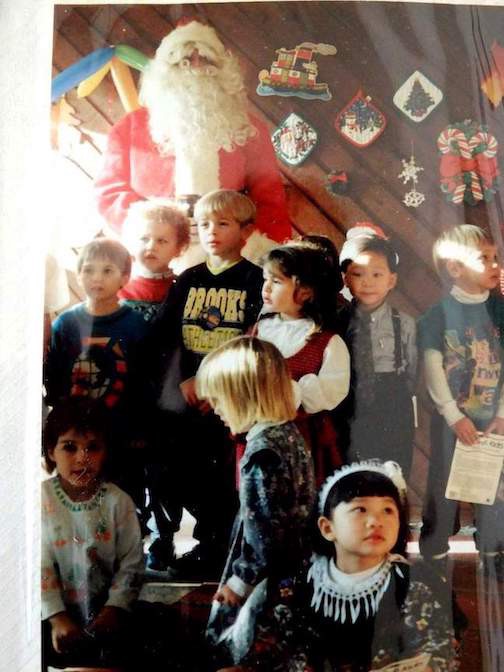
Many of us at Plan A have roots in Reddit, but now find ourselves without a true home there. I myself was a long-time participant in the main Asian Reddit hub and over the course of a few years, received many thanks from both Asian male and female posters for being thoughtful and level-headed. Nevertheless, a while ago, I was banned. I can only take an educated guess as to the true reason why, but it was probably because I didn’t zealously adhere to their core assimilationist tenets, and my lack of frothing anger actually made me more threatening.
Facebook and Twitter are even worse. In an era where Trump’s election has opened the floodgates of social consciousness (even Asian consciousness), it is vital that Asian Americans don’t simply devolve into a M.A.D. civil war. In just the past few weeks, a series of developments have rocked the Asian online community: Natalie Tran’s WMAF documentary, the BBC’s “Chinese Burn” controversy, and Audrea Lim’s New York Times article about the alt-right and Asian women. In an ideal world, these events should finally open up a long-suppressed conversation, but instead, they’ve just caused the absolutists to simply dig their trenches deeper.
The women and men of Plan A got together because we became sick of these online traps. We don’t need any more safe spaces that are addicted to banning dissent, or another fractal subreddit where heretics will be swiftly excommunicated. Studies show that rapid back-and-forth text-based arguing is the absolute worst for engaging in healthy debates. Instead of tweeting snarky comments that are guaranteed to please and infuriate the same people over and over again, we should be trying to provide thoughtful viewpoints. We should be trying to engage in real dialogue via podcasts, or even just phone calls, with those who have differing viewpoints and experiences. We should genuinely want to become friends with those who merely have different perspectives.
Yes, almost all online spaces have problems. But Asian Americans face a unique problem in that our community is so fledgling. Asian Americans talk about each other in public, but refuse to talk to each other in private.
Let’s start talking, for real. I’ve been online for quite some time now. I’ve seen these fights in forums, blogs, Tumblr, and now, the Big 3 in online discussion spaces. It’s the same shit again and again. Break the cycle this time.
The Escape From Plan A podcast on Asian male online harassers can be found here:
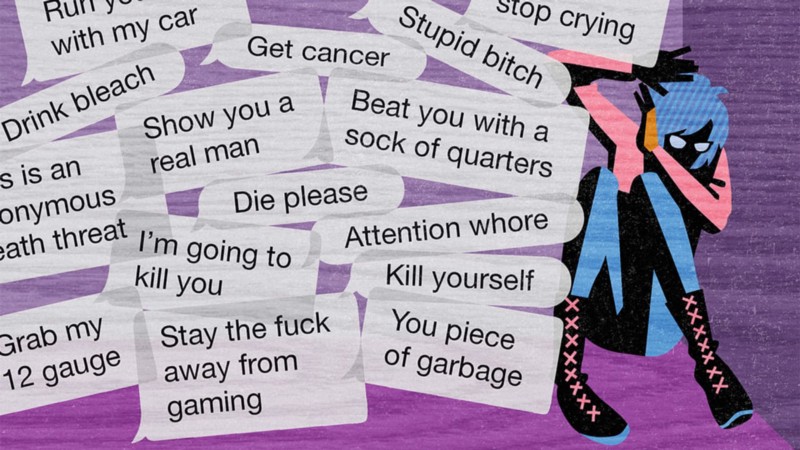


Comments powered by Talkyard.